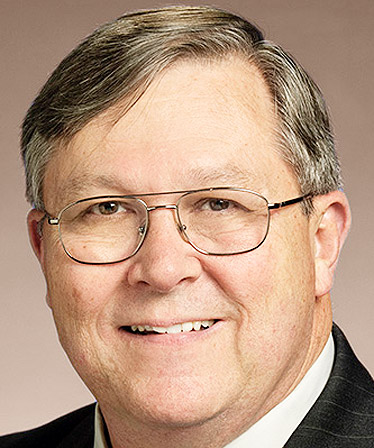Education, energy at the state level
Ragan talks about new role in the legislature

REP. JOHN RAGAN
He is one of many representatives in the Tennessee General Assembly that landed new roles. After attempting to reduce the number of committees over the past few years, the general assembly is now back to lots of subcommittees.
“Reducing the number of committees was an attempt to control the fragmentation, but now we see that we need to get rid of the bottlenecks,” he said. “My subcommittee and one or two others will be gigantic, but the rest of the effort should speed up the process.”
Speaker Glen Casada has tried to place members on committees where their expertise is the greatest, so that they can better “judge the bills,” according to Ragan.
Last year, a number of bills were passed around, and some approved, concerning school safety. That is still something that Ragan’s subcommittee will be working on.
Another area that Ragan plans to put energy into this year is … energy. He represents Tennessee on the Southern States Energy Board and is a firm believer that Anderson County has an important role to play in providing resources for power.
“I chair the nuclear working group for that organization,” he said. “Anderson County is really the energy belt buckle. We pump more natural gas than any other county.”
The legislature passed a bill that Ragan sponsored for a state energy policy council last year. That council will provide advice to legislators and governors regarding coal, nuclear energy, environmental considerations and consumer consequences. The chair for the council is Joe Hoagland, the Tennessee Valley Authority’s Vice President of Enterprise Relations and Innovation.
One interesting tidbit Ragan shared: he expects the cost of natural gas to increase over the next decade.
“It’s becoming like oil, in that it’s an international commodity,” he explained.
“There is a plant in Maryland that was intended to be an import [for natural gas], but it’s now export. They’re going to be supplying in Europe.”
The U.S. will be the largest producer of natural gas in the world.
“We surpassed Russia and the Saudi fields,” he said. “That would make it seem like it would remain cheap, but if the producer can sell it for a dollar more somewhere else, they’re going to. And the people here will have to pay that price to be competitive. It’s the way the markets work. It won’t be as expensive as before the fracking boom, though.”
He’s excited about a new project on the Roane County side of Oak Ridge — a modular nuclear reactor. They’re experimental, but are safer, smaller and take up less space to run.
“There are lots of advantages in terms of survivability,” he said.
“They’re anti-terrorism, anti-disaster and fault tolerant. Mostly because they’re underground. The footprint is very much smaller.”
A site for a modular nuclear reactor only needs around 40 acres of land; a traditional nuclear site needs more like 500.
It will take around 10 years to become operational, thanks in part to the Trump administration loosening the time requirements needed to get it running.
“That’s down from a 20-year approval process,” Ragan said.
“The safety standards are the same.”


